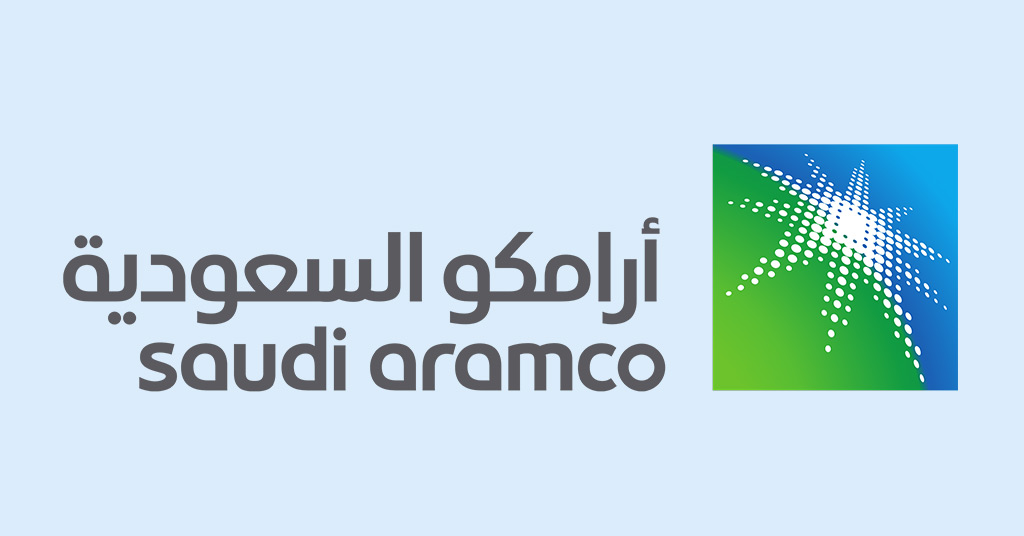Welcome To ChemAnalyst

Numerous Saudi Arabian companies have raised concerns about potential earnings setbacks this year, attributing the anticipated challenges to heightened production costs following an announcement from the state energy entity, Saudi Aramco (2222.SE). The energy giant informed companies, including Nama Chemicals (2210.SE) and Saudi Ceramic (2040.SE), through regulatory filings that effective January 1, 2024, the retail diesel price would witness a substantial surge of 53%, reaching 1.15 riyals ($0.3067) per liter. This marks the third increase since 2016 and could significantly impact operational expenses for businesses, even though it remains comparatively lower than U.S. prices reported by the American Automobile Association at $3.979 per gallon or $1.051 per liter.
In response to the notification from Saudi Aramco, other companies, including Qassim Cement, Saudi Aramco Base Oil Co., and Rabigh Refining and Petrochemical, have also issued warnings regarding the potential ramifications of these price hikes in recent regulatory filings.
While the specific details regarding the increase in natural gas and other fuel prices were not disclosed by these companies, the overall sentiment reflects a collective concern about the impending rise in production costs. The impact is anticipated to be felt as early as the first quarter, prompting companies to actively explore avenues to enhance operational efficiencies in order to counterbalance the escalating costs.
The repercussions of these developments were immediately evident in the Tadawul stock index of Saudi Arabia, which experienced a 1.6% decline in early trading on Thursday. This downturn was particularly pronounced in petrochemical and cement stocks, highlighting the broader market apprehension surrounding the announced fuel price increases.
The fuel price adjustments are part of Saudi Arabia's broader domestic fuel price reforms, which were initiated in 2016 as a response to a period of lower oil prices. In subsequent years, the government implemented increases in gasoline, diesel, and electricity prices, gradually eliminating energy subsidies. These reforms were intended to address economic challenges and stabilize the fiscal landscape in the face of fluctuating oil prices.
The upcoming surge in retail diesel prices underscores the ongoing nature of these domestic fuel price reforms, reflecting the government's efforts to navigate economic conditions. The impact on businesses, however, has triggered a proactive response from companies, as they assess and strategize to mitigate potential financial challenges arising from increased production costs.
It is crucial to note that these developments in fuel pricing occur within the broader context of Saudi Arabia's strategic endeavors, including the exploration and development of the Jafurah gas field. Recognized as the kingdom's largest unconventional non-oil-associated gas field, Jafurah holds significant potential, with estimated investments of $110 billion in 2020. Positioned as one of the most substantial shale gas developments globally, outside of the United States, Jafurah is a key element in Saudi Arabia's energy landscape, contributing to the country's long-term energy security and economic sustainability.
We use cookies to deliver the best possible experience on our website. To learn more, visit our Privacy Policy. By continuing to use this site or by closing this box, you consent to our use of cookies. More info.
